
PSHE/Progression Pathways
Subject Overview
At Cardinal Wiseman we strive to provide students with a robust, well-rounded, and relevant Physical, Social, Health and Economics (PSHE) curriculum. 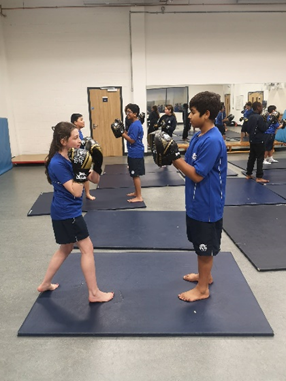 This is a subject area which supports students to develop the skills, attributes and knowledge needed to support their personal development for the opportunities and responsibilities they will encounter later in life. We endeavor to prioritise student mental, emotional and physical well-being throughout all areas of PSHE. Our Wiseman Well-Being Wednesday's, as an extension of our PSHE curriculum, has focused upon building students' confidence in understanding and managing their well-being, as well as, addressing key issues within current affairs and our local community. In creating a culture of respect, kindness and support of one another, our students are developing their skills of empathy and teamwork and appreciation of diversity and the importance of inclusion.
This is a subject area which supports students to develop the skills, attributes and knowledge needed to support their personal development for the opportunities and responsibilities they will encounter later in life. We endeavor to prioritise student mental, emotional and physical well-being throughout all areas of PSHE. Our Wiseman Well-Being Wednesday's, as an extension of our PSHE curriculum, has focused upon building students' confidence in understanding and managing their well-being, as well as, addressing key issues within current affairs and our local community. In creating a culture of respect, kindness and support of one another, our students are developing their skills of empathy and teamwork and appreciation of diversity and the importance of inclusion. 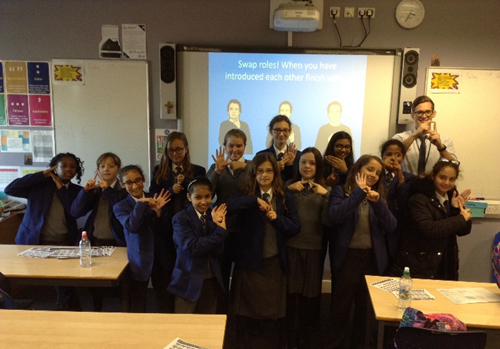
With a deep understanding and dedication to meeting the needs of our students, we are very proud of our comprehensive Relationships, Health and Sex Education framework across all key stages, which wholly meeting the National Statutory Government guidance. Ten Ten’s program, 'Life to the Full', alongside the newly acquired Unifrog programme, teaches Relationship, Sex and Health Education (RSHE) within the context of a Christian understanding of human sexuality rooted in the wisdom and teaching of the Catholic Church. Given that RSHE is a statutory subject for all schools, we are embracing “the challenges of creating a happy and successful adult life” by giving pupils knowledge “that will enable them to make informed decisions about their wellbeing, health and relationships” (DFE Statutory Guidance). We will deliver this teaching through the prism of Catholic RSHE. The framework of our curriculum is taken from the Model Catholic RSE program by the Catholic Education Service, which has been highlighted by the Department of Education as a work of good practice.
learning journey PSHE 2023.pdf
KEY STAGE 3 Content:
UNIT 1 - Living in the Wider World
Topics include: Personal Development, Online Safety, Law and Crime, Money Management & Finance, Young people and media and Careers and Employability skills.
UNIT 2 - Health and Well-being
Topics include: My Goals and Behaviour, Drug and Alcohol Awareness, First Aid and Personal Safety, Healthy Lifestyle, Mental Health and Mindfulness.
UNIT 3 - Relationships, Health and Sex Education
Topics include: Who we are, Puberty, Family and Friends, Relationships, Safeguarding, Consent, Feelings, Love and Choices, Marriage, Fertility and Contraception, Rights and Responsibilities.
KEY STAGE 4 & 5 Content:
'Journey of Life' programme is followed in tutor time.
Wider Learning and Enrichment Opportunities
Wiseman Well-being Wednesdays - Weekly Whole School Enrichment - - opportunities to learn about well-being and current affairs.
Well-Being Fortnight events - throughout the year, PSHE will run 2 Well-Being fortnights where clubs and workshops during every lunch break and afterschool will take place. Exciting opportunities to try something new and promote positive mental, physical and emotional well-being. Workshops have included: 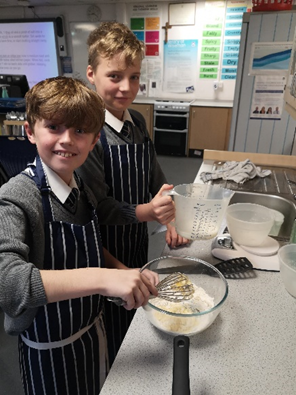
- Intro to Japanese
- Intro to Crochet
- Intro to Henna Design
- Potting Plants and Bulbs
- Samba Drumming
- Ballroom and Latin Dance
- Mindful Movement
- DIY Natural Facemasks and Skin Care
- Healthy Smoothies
- Cookery
- Quiz
- Intro to Photography
- Pumpkin Carving
- British Sign Language
- Mental Health Talks
- Irish Dancing etc.
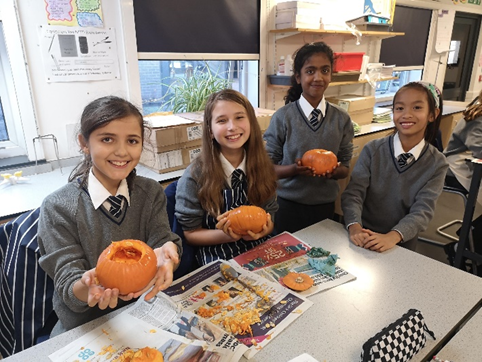
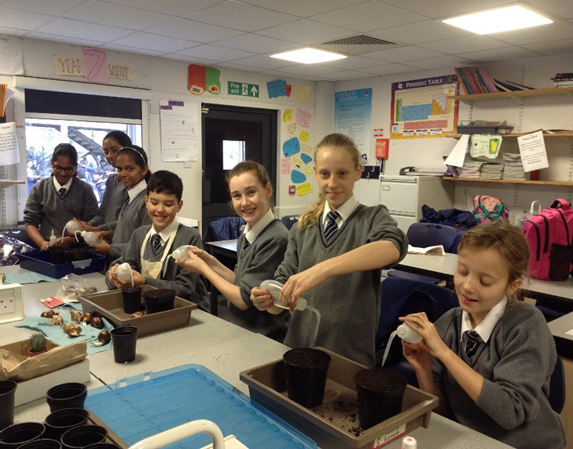
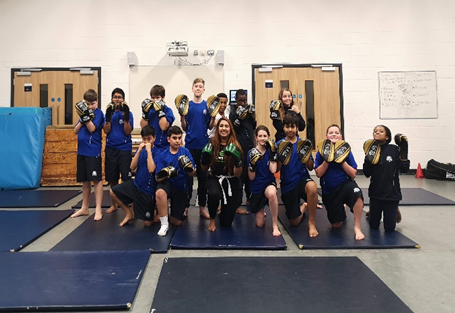
Year 7 Anti-Crime Day
A range of local and national law enforcement professionals attend schools to run informative and interactive workshops with our students. Key themes and workshops include: 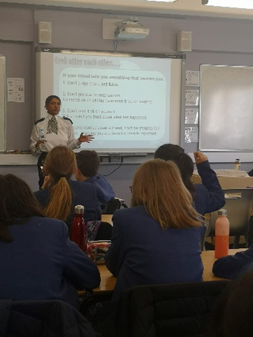
- Knife crime
- County lines awareness
- Gangs and Grooming
- Mock Magistrates
- Crimestoppers / Fearless
- London Ambulance Service
- Prison Service
- Local Met Police
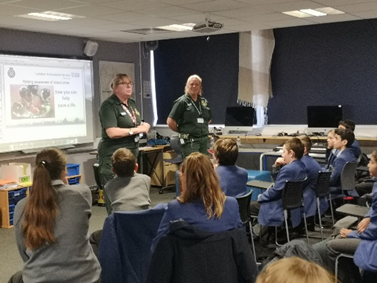
Year 7-10 Summer Enrichment Day
This whole school enrichment day sees our school community invite an array of working professionals to run workshops with our students. Themes include, Well-Being, Careers and Creativity. There are many guest speakers and interactive sessions which students will partake in which have included: 
- Halifax Code Club
- Citizenship Workshop
- Puberty and Growing up
- Police talks
- Metro Bank finance workshop
- App Design
- Upcycling
- Online safety run by Prevent
- Kew Botanic Gardens
- MyBnK
- Entrepreneurs 101 talk
- RAF
- Interviews and CVs
- Mental Health Talk
- HR and Media
- Extremism and Radicalisation awareness
- Wiseman Ex-Student talks
- Employability


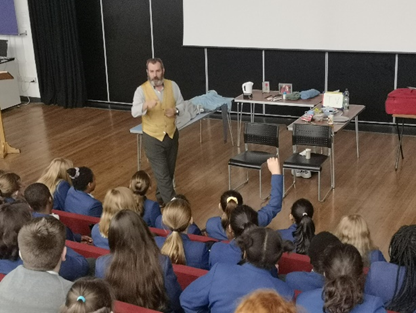
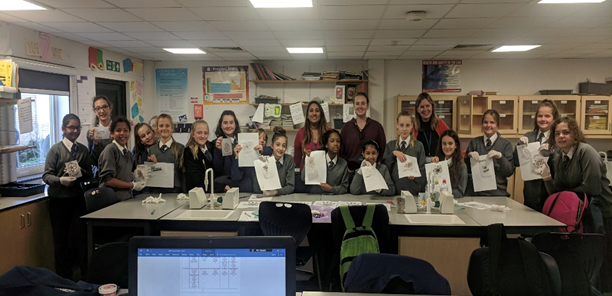
Connexions
Connexions are an Ealing Careers Advice Service, who work incredibly close with the school on a weekly basis, to ensure that students are given the opportunity for one-on-one Careers advice, as well the chance for drop-ins. We have a dedicated advisor who works with the PSHE lead, Pastoral & 6th Form term and Learning Support team to ensure our students are given the best guidance, relevant to their needs. This is primarily focused upon our KS4 and KS5 students, to support them with their Post-16 options for higher and further education and employment. Connexions are also present at our Year 9 options evening events and GCSE & A-Level Results days.
Each year group has a Careers Day where students have opportunities to meet employers and further education establishments, and learn about workplace skills.
